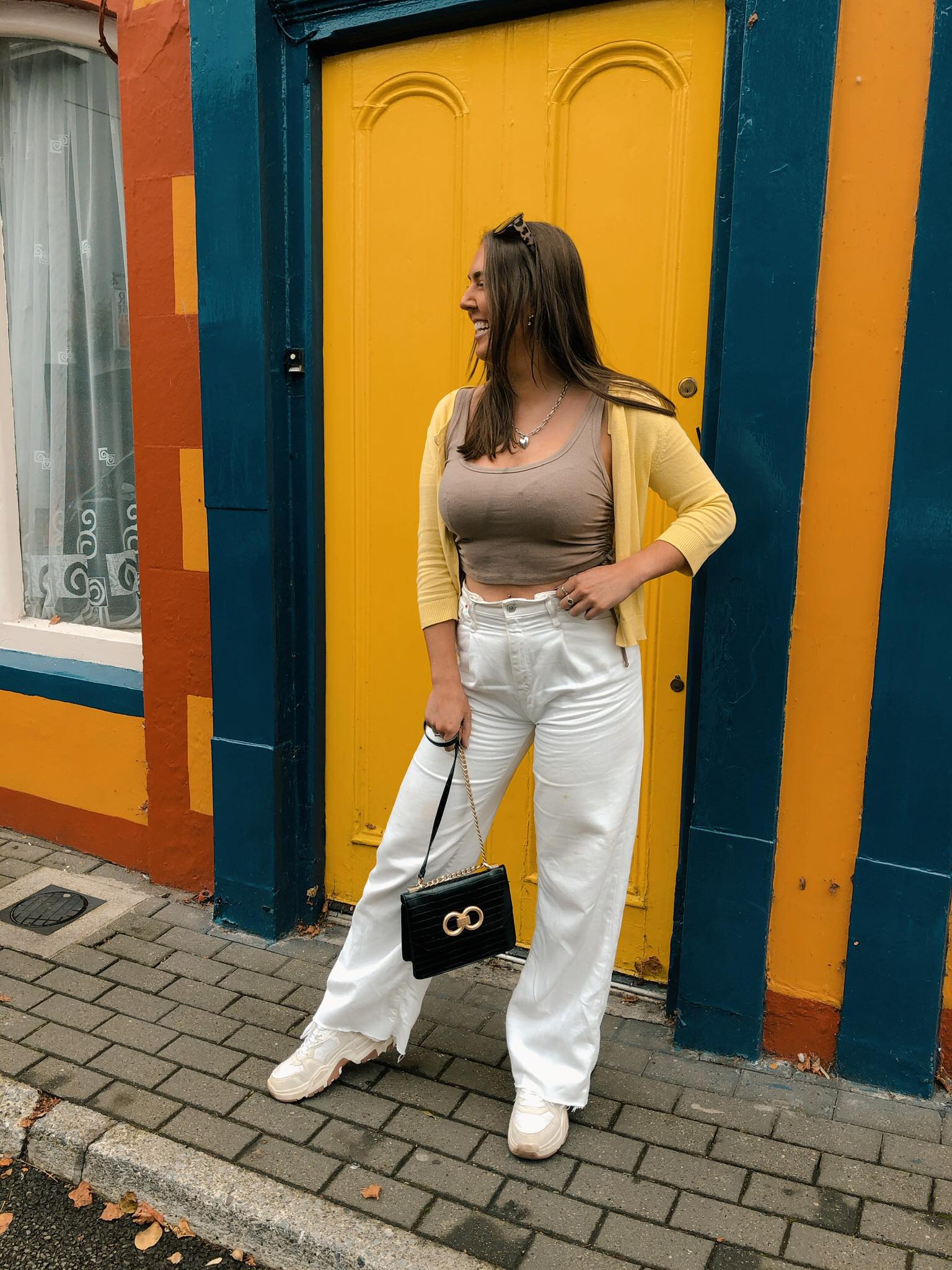Why choose Retinol?
- Chloe Punch

- Apr 10, 2020
- 3 min read
Updated: Mar 26, 2021
I couldn't think of a more perfect time for you to up your skincare routine and try out the products you've been meaning to try for awhile now. Seeing as we are self isolating for the foreseeable future, making a little time for some self care is super important.
If you do decide to give it a try, do please wear an SPF as most of us are outside walking our dogs, going for runs, sitting out for our morning coffee in the garden, Taking in this gorgeous weather we are so lucky to have during this tough time.
Retinol is another one of the beauty buz words that is used all the time, But what really is it and whats the fuss? Retinol is a form of Vitamin A , a fat soluble Vitamin found in yellow veg. Retinol has lots of benefits that I will outline these with you below.

Benefits- the 4 peas.
Pimples
Pore sizing
Pigmentation
Powerful anti-aging
Pimples and Pore sizing
Originally made to treat acne but when tested it reduced the appearance of wrinkles. It helps to decrease the appearance of pores, regulating oil production, increasing cell turnover(28 days) killing bacteria, stimulating collagen production, clearing scars, and decreasing any inflammation. If you are using benzoyl peroxide for your acne, AHA'S or BHA'S do not mix these with Retinol as its too much acid and may cause irritation. You also wont get the benefits of either product.
Pigmentation
Retinoids do not thin the skin they actually thicken the skin from beneath, improving cell turnover and collagen production. Retinol helps to exfoliate the top layer of the skin making it thinner to diminish pigmentation and scaring making brown spots lighter and less visible.
Powerful anti-ageing
Improving collagen production, exfoliating the skin to help diminish fine lines and wrinkles. Improving skin tone and texture.
Who can use Retinol?
Most skin types
Retinol can be quite drying so it is recommended for those with dry or dehydrated skin to apply a moisturiser afterwards
Retinol helps stimulates blood cells, people suffering from rosacea shouldn't use it as it might cause more reddening.
People suffering from Eczema and Psoriasis shouldn't use it as it can cause even more inflammation and aggravation.
If you have sensitive skin you should find the lowest percentage and mix it with an emollient (moisturizer).
If you are using benzoyl peroxide for your acne, AHA'S or BHA'S do not mix these with retinol as its too much acid and may cause irritation. You also wont get the benefits of either product.

How to use
You need to build up tolerance to Retinol. Start off once a week and increase overtime slowly. You don't want to have a reaction or over exfoliate the skin by applying it every night.
Apply at night after cleansing and toning.
Retinol breaks down in sunlight so it should be used at night, This goes back to the packaging, the same as Vitamin C in my last post. Notice that it wont allow any sunlight to get in as it is deactivated with air and sun.
Apply an SPF during the day.
Apply to the skin and allow 30 minutes before applying a moisturiser
Monitor the skin for results, You can take pictures to see changes.
Avoid eyes and the areas around the nose
How does it work
You can get Retinol going from 0.1-2.0%.
When you apply Retinol it is absorbed by your skin, it is then through an enzymatic process it is converted to Retinoic acid which is the active form of Vitamin A. This process happens in products on prescription. You can get it on prescription if it is needed and you don't go through this process of absorption, making them more effective.
I hope you enjoyed reading this blog post. If you have any questions at all please don't hesitate to contact me at @glowbychlo_ on Instagram. Thank you for taking the time to read this.
Chloe x











Comments